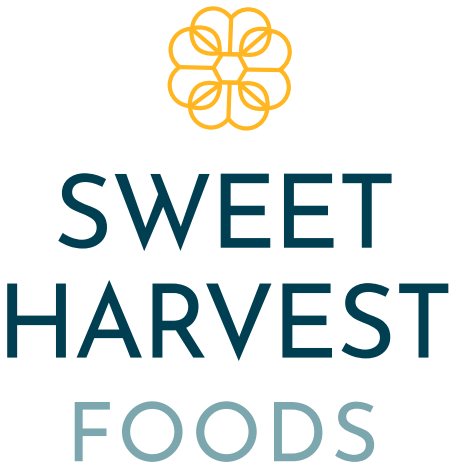One in every three bites of food require the essential task of pollination. Honey bees are a necessity for pollination of many of our food crops, especially our produce. Commercial beekeepers play a vital role in ensuring that crops are pollinated at the correct time. Every year, millions of honey bees are transported across the country to pollinate food crops in many different states across the United States of America…
The commercial honey bee travel route typically starts in the southern United States in the spring, ready for the bees first stop. This is when the almond trees in California begin to bloom, and almond growers need a large number of bees to pollinate their crops. So, beekeepers from all over the country load their hives onto trucks and head west.
Learn more about beehive transportation click here.
Once the almond bloom is over, the bees are moved to apples, cherries, raspberries, watermelons, blueberries, cucumbers, pumpkins, and many, many other crops.
In the summer, many commercial honeybee hives are moved to the upper Midwest to produce honey or to other states in the northeast and southwest to pollinate fruits and vegetables. Honeybee pollination can increase yield and quality for many of our food crops.
In the fall, the bees are moved back to the southern United States or to specialized building to overwinter. This is when the bees need to rest and build up their strength for the next pollination season.
The commercial honey bee travel route is a long and complex process, but it is essential for pollination of many of our food crops. Without bees, our food supply would be in jeopardy. This is why at Sweet Harvest Foods we take our responsibility to bees and beekeepers seriously.
Learn more: https://sweetharvestfoods.com/about-us/our-responsibility/
Why do commercial beekeepers transport their hives?
Beekeepers move their hives because it is essential for the sustainability of our domestic food supply, but also so that bees can be on natural forage as much as possible. As cities and towns grow, it is essential that honeybees are given the opportunity to collect natural pollen and nectar. Moving the honeybees also means that less artificial food is required to keep the bees as healthy as possible. Honeybees also pollinate non food crops and even many carbon consuming plants. Next time you see a honeybee on a flower or the edge of your glass, remember that they are an essential part of our environment. They are either taking a rest or collecting pollen or nectar to help feed their hive and consequently helping to feed the world.
There are a few reasons why commercial beekeepers transport their hives. First, it allows them to pollinate crops in different parts of the Unite States. This is important because different crops bloom at different times, and bees need to be in the right place at the right time to pollinate them.
Second, transporting hives allows beekeepers to take advantage of different growing seasons. For example, almond trees bloom in California in the spring, while corn and soybean crops bloom in the Midwest in the summer. By transporting their hives, beekeepers can pollinate both crops and maximize their profits.
Finally, transporting hives allows beekeepers to control the environment in which their bees live. This is important because bees are sensitive to temperature, humidity, and other environmental factors. By transporting their hives, beekeepers can ensure that their bees are in a healthy environment and that they are able to pollinate crops effectively.
The importance of pollination by bees
Pollination is essential for our food supply. Without pollination, many of the fruits, vegetables, and nuts that we rely on would not be able to grow. Pollination is also important for the environment. Bees help to pollinate wildflowers, which are essential for the survival of many other species.
The commercial honey bee travel route is a vital part of our food system. By transporting their hives, beekeepers ensure that our crops are pollinated and that our food supply is secure.
Related Link: https://ourworldindata.org/pollinator-dependence

Global Expertise.
Proven Reliability.
Sophisticated Quality Assurance.

